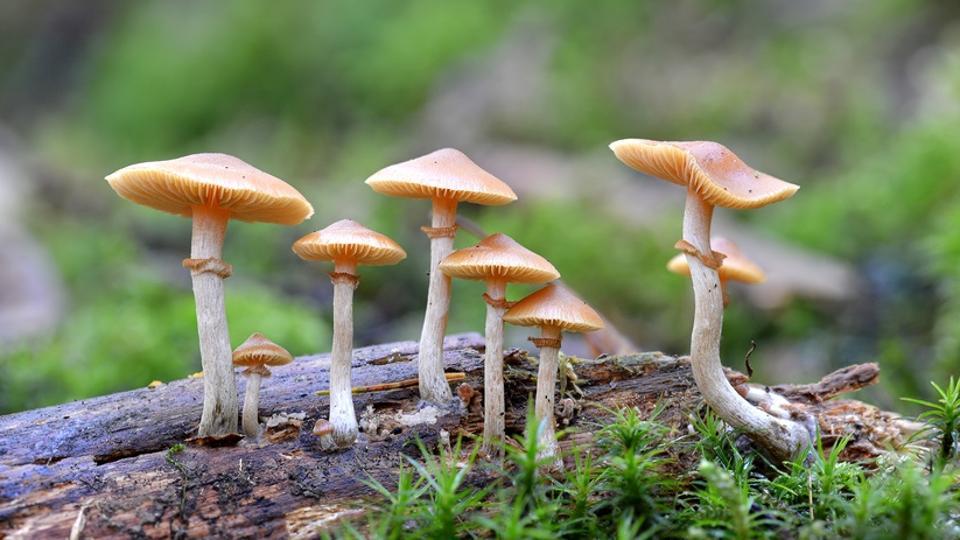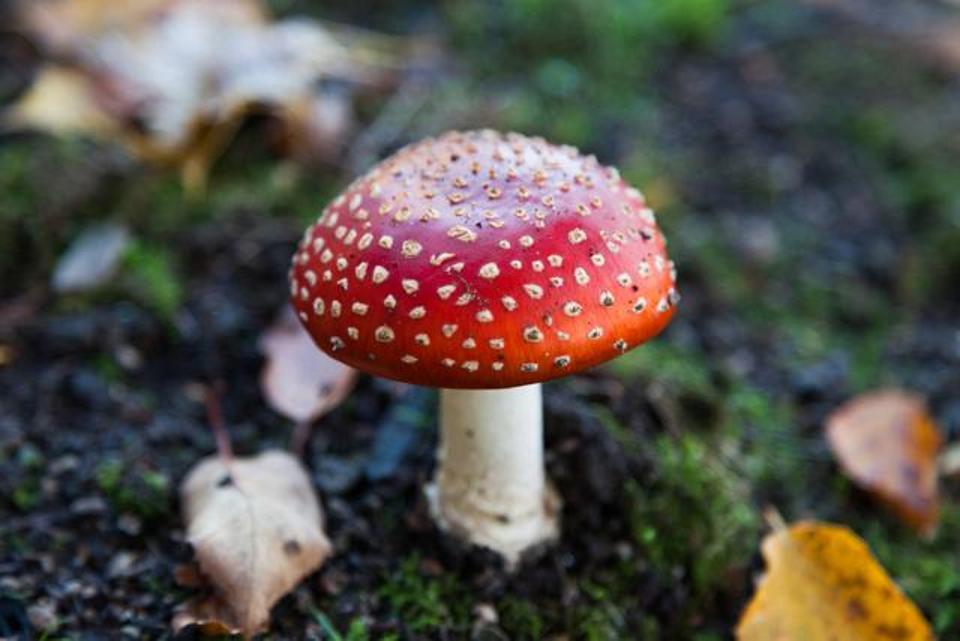
Mushrooms are the safest of all the drugs people take recreationally, according to this year’s Global Drug Survey .
Of the more than 12,000 people who reported taking psilocybin hallucinogenic mushrooms in 2016, just 0.2% of them said they needed emergency medical treatment – a rate at least five times lower than that for MDMA, LSD and cocaine.
“Magic mushrooms are one of the safest drugs in the world,” said Adam Winstock, a consultant addiction psychiatrist and founder of the Global Drug Survey, pointing out that the bigger risk was people picking and eating the wrong mushrooms.
“Death from toxicity is almost unheard of with poisoning with more dangerous fungi being a much greater risk in terms of serious harms.”
Global Drug Survey 2017, with almost 120,000 participants in 50 countries, is the world’s biggest annual drug survey, with questions that cover the types of substances people take, patterns of use and whether they experienced any negative effects.

Overall, 28,000 people said they had taken magic mushrooms at some point in their lives, with 81.7% seeking a “moderate psychedelic experience” and the “enhancement of environment and social interactions”.
Magic mushrooms aren’t completely harmless, notes Winstock. “Combined use with alcohol and use within risky or unfamiliar settings increase the risks of harm – most commonly accidental injury, panic and short-lived confusion, disorientation and fears of losing one’s mind.”
In some cases, people can experience panic attacks and flashbacks, he added. So his advice for people thinking about taking them is to plan “your trip carefully with trusted company in a safe place and always know what mushrooms you are using”.
Even bad trips can have positive outcomes , according to a separate piece of research carried out by Roland Griffiths and Robert Jesse at John Hopkins Medicine.
In their 2016 paper they surveyed almost 2,000 individuals about their single most psychologically difficult or challenging experience with magic mushrooms. Of that group, 2.7% received medical help and 7.6% sought treatment for enduring psychological symptoms. Nevertheless 84% of those surveyed said they benefitted from the experience.
“In a way, it’s not really so surprising,” said Griffiths in a Q&A about the paper . “When we look back on challenging life events we wouldn’t choose, like a bout with a major disease, a harrowing experience while rock-climbing, or a painful divorce, sometimes we feel later that the difficult experience made us notably stronger or wiser. We might even come to value what happened.”
[Source”timesofindia”]
